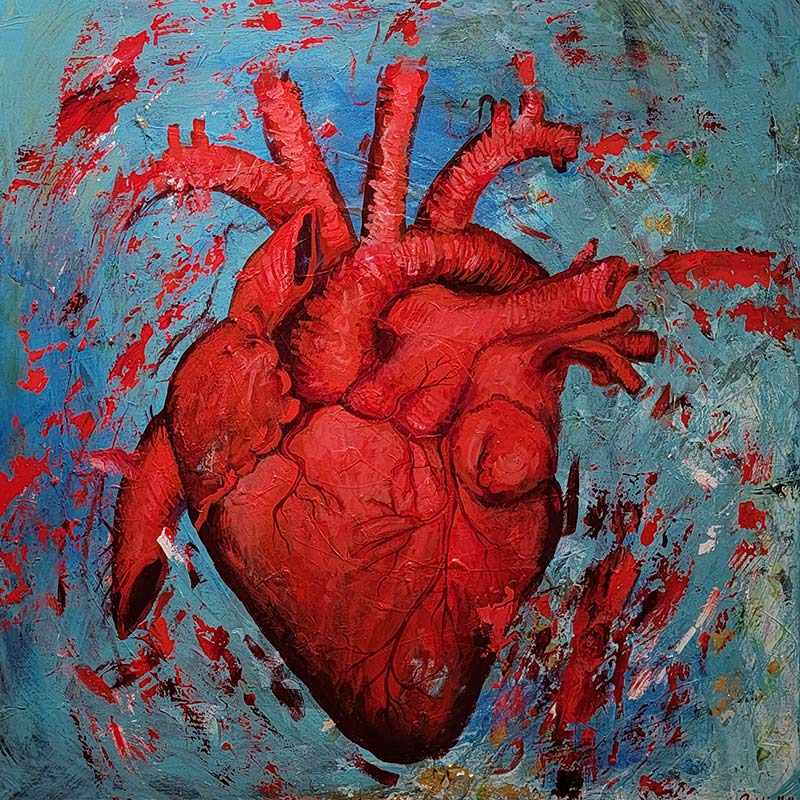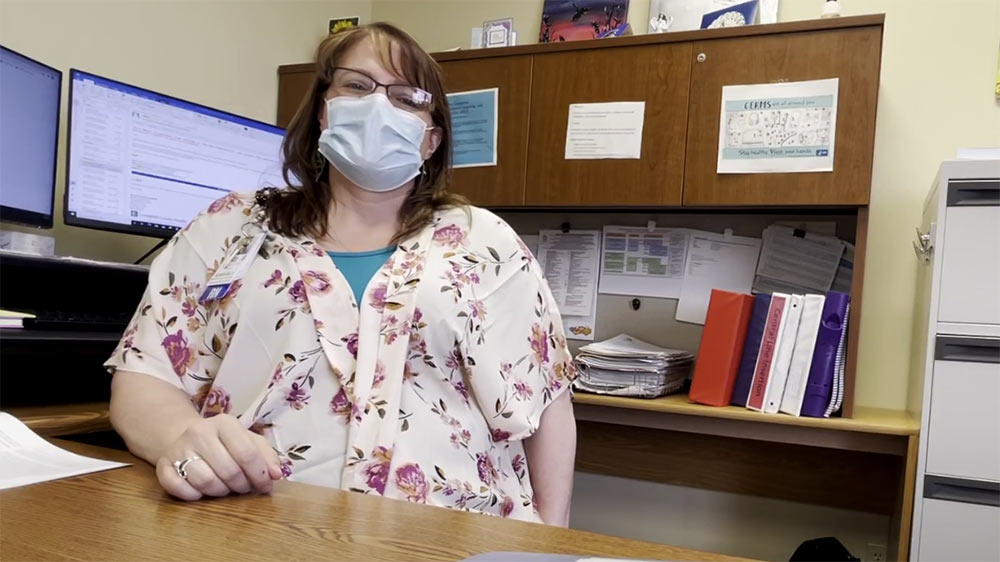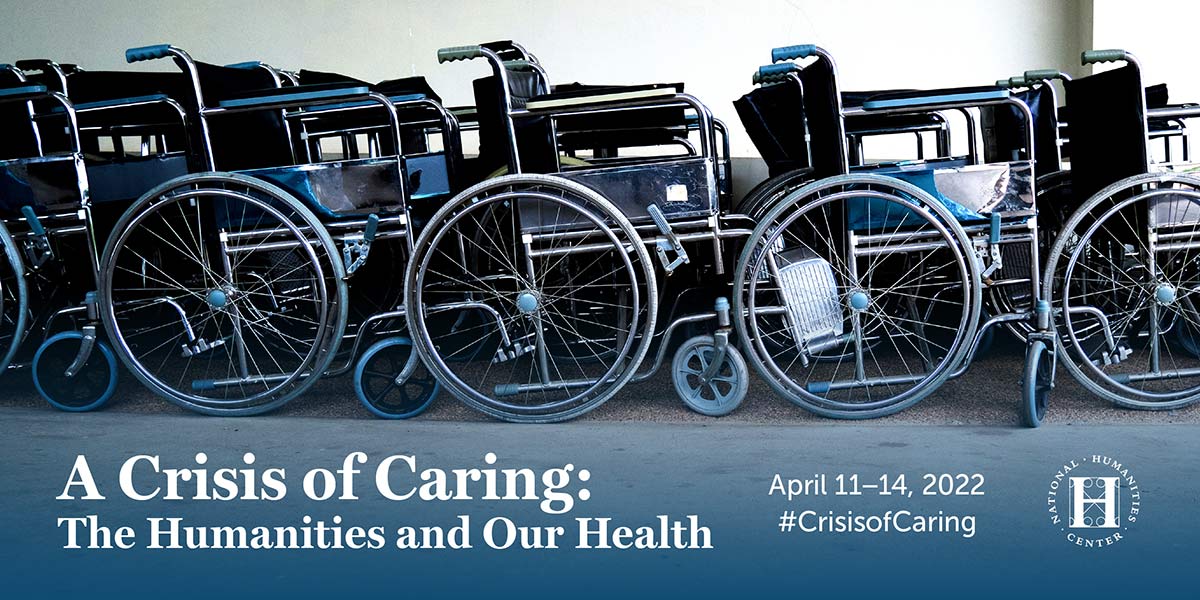
April 11–14, 2022 #CrisisofCaring
This virtual, interdisciplinary conference sought to consider the ways that knowledge drawn from humanities disciplines and methodologies can inform and help address the ongoing crisis in healthcare.
Hippocrates first used the term “crisis” to describe the decisive moment when a patient would either begin to improve or succumb to their disease. But, in recent centuries, “crisis” has come to be more widely used, referring not only to the well-being of individual bodies but also to the body politic.
These crises expose systemic weaknesses and vulnerabilities, requiring us to discover new strengths and resources to avert disaster. Such has been the case with the recent COVID-19 pandemic, which has starkly revealed systemic and long standing issues in our capacity to care for one another—quite literally in the strain on our healthcare systems and metaphorically in our failure to collectively address a deadly threat to our families and communities.
Recognizing that healthcare is predicated on human beings caring for other human beings, A Crisis of Caring: The Humanities and Our Health (held April 11–14, 2022) explored how humanistic approaches can help identify the symptoms and causes of our malaise while guiding us toward a healthier, more caring future.
Session Recordings
A Time of Crisis | A Crisis of Time
How do the stories that emerge from crisis help us confront them? And in what ways do they help us prepare for those yet to come? One of the pioneers in the field of narrative medicine, Rita Charon, discusses these and other questions in conversation with literary scholar Jane F. Thrailkill. Welcome and introduction by Robert D. Newman, PhD, President and Director, National Humanities Center.
- Rita Charon, MD, PhD, Professor of Medicine and of Medical Humanities and Ethics, Columbia University
- Jane F. Thrailkill, PhD, Bank of America Honors Distinguished Term Professor, Department of English and Comparative Literature, University of North Carolina at Chapel Hill
Access and Inclusivity in American Medicine
How do we address the inequities in access to healthcare and improve outcomes for historically underserved and oppressed groups? Panelists consider vital issues of access, equity, and inclusivity in the American medical system, and discuss how humanistic modes of critical reflection and analysis can help guide urgently needed interventions.
- Deirdre Cooper-Owens, PhD, Charles and Linda Wilson Professor in the History of Medicine and Director of the Humanities in Medicine Program, University of Nebraska-Lincoln
- Jeremy A. Greene, MD, PhD, William H. Welch Professor of Medicine and History of Medicine; Director of the Institute for the History of Medicine; Director of the Center for Medical Humanities and Social Medicine, Johns Hopkins University School of Medicine
- Dian Million, PhD, Associate Professor and Chair of American Indian Studies, University of Washington
- stef m. shuster, PhD, Assistant Professor of Sociology, Michigan State University
Eula Biss, “The Pain Scale”
In her brief, compelling narrative piece, “The Pain Scale,” writer Eula Biss contemplates the inexpressible nature of pain and the difficulty of seeking relief through a medical system that relies heavily upon quantitative assessments of pain. In this group discussion, we use Biss’s piece as a starting point for reflecting on the intensely personal experience of suffering and the complexities of translating such experiences in ways that are diagnosable and treatable.
- Eula Biss, MFA, Author, “The Pain Scale”
- Jacqueline Kellish, PhD, Public Engagement Coordinator, National Humanities Center
Medical Research and Global Health Equity: A Conversation with Industry Leaders
How can research organizations, corporations, and not-for-profit funding entities ensure that intellectual, monetary, and therapeutic health resources are distributed equitably on a global scale? Our featured speakers address the current challenges facing internationally focused work across sectors and industries related to healthcare solutions.
- Hala AlMossawi, BDS, MSc, MSHCA, Vice President of Global Health, International Development Group, RTI International
- Chirfi Guindo, MBA, Executive Vice President and Head of Global Product Strategy and Commercialization, Biogen
- Louis J. Muglia, MD, PhD, President and CEO, Burroughs Wellcome Fund
- Robert D. Newman, PhD, President and Director of the National Humanities Center
Caring and Understanding in a Global Health Context
How do we approach health crises as they affect people from widely disparate cultures? How do we account for the challenges presented by differences in technology and infrastructure? Panelists will explore how national, international, colonial, technological, and economic forces have shaped the ways in which we conceptualize and respond to global health issues.
- Adria L. Imada, PhD, Professor of History, University of California, Irvine
- John Mckiernan-Gonzalez, PhD, Director of the Center for the Study of the Southwest, Jerome and Catherine Supple Professor of Southwestern Studies, and Associate Professor of History, Texas State University
- Kari Nixon, PhD, Assistant Professor of English, Whitworth University
- Alexandre White, PhD, Assistant Professor of Sociology, Johns Hopkins University
Genres of Empathy
What role do the arts play in the practice of “the healing arts”? This session, featuring creators and theorists in photography, film, poetry, creative writing, and graphic medicine, explores how innovative creative and arts-based methods are changing both medical practice and medical education.
- Max Aguilera-Hellweg, MD, Photographer/Director
- Sneha Mantri, MD, Assistant Professor of Neurology and Director of the Program in Medical Humanities, Duke University
- Shelley Wall, PhD, Associate Professor of Biomedical Communications and Biology and Illustrator-in-Residence, University of Toronto
Building a Speculative Archive
To conclude our proceedings we bring together scholars and representatives from state humanities councils to reflect on the topics covered during the conference and showcase objects, musings, and creative work submitted in advance to our speculative archive by conference participants, attendees, and interested members of the public. This archive collectively imagines a range of possible futures and directions for the health humanities and for medical practice itself.
- Carin Berkowitz, PhD, Executive Director, New Jersey Council for the Humanities
- Matthew Morse Booker, PhD, Vice President for Scholarly Programs, National Humanities Center
- Ann Fox, PhD, Professor of English, Davidson College
- Samantha Pinto, PhD, Associate Professor of English, University of Texas at Austin
- Yolonda Y. Wilson, PhD, Associate Professor, Albert Gnaegi Center for Health Care Ethics, Saint Louis University
Podcasts
In two special episodes of the Center’s podcast series, Nerds in the Woods, we revisit the Crisis of Caring conference and consider what role the humanities can play in elevating our standards of care and enhancing our medical processes.
A Crisis of Caring, Part 1: Access and Inclusivity in Health Care
Can humanistic methods help us to address new and ongoing issues in medicine today? How do academic perspectives on this issue compare to the recommendations of caregivers actively working in medical settings?
Episode host: Meredith Graham. Interviewers: Meredith Graham, Kevin Gomez-Gonzalez, and Mike Levine. Interviewees: stef m. shuster, assistant professor of sociology, Michigan State University; Jeremy A. Greene, Director of the Center for Medical Humanities and Social Medicine, Johns Hopkins University School of Medicine; and Lacrecia Bell, clinical nurse educator and clinical associate, Duke University School of Nursing.
A Crisis of Caring, Part 2: Aestheticizing the Body
Artist Christine Holton talks through her methods and goals in creating art, including “making without a plan.” Her Corpus Chromatic series of paintings presents individual organs and bodily systems in vivid, stylized detail, helping us to reflect on the emotional connections we have with elements of our physical selves.
Episode host and interviewer: Meredith Graham. Interviewee: Christine Holton. Content warning: this episode includes discussions of disordered eating, alcoholism, and chronic illness.
Presenters and Panelists
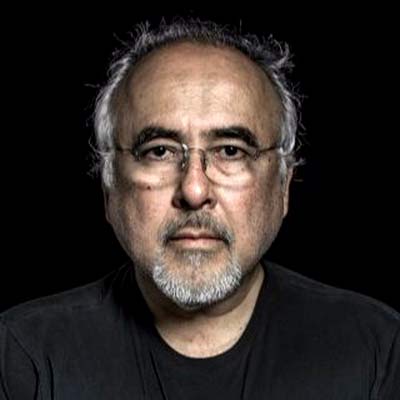
Max Aguilera-Hellweg, MD, PhD
Photographer and Documentary Filmmaker
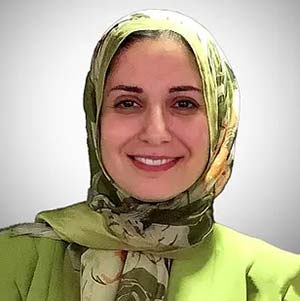
Hala AlMossawi, BDS, MSc, MSHCA
RTI International

Carin Berkowitz, PhD
New Jersey Council for the Humanities
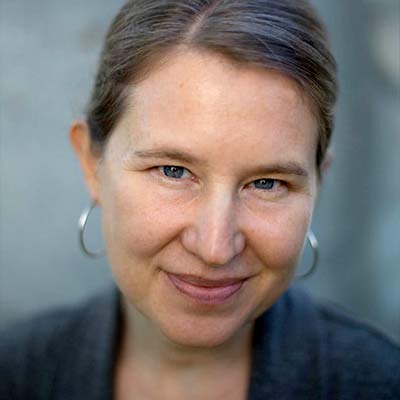
Eula Biss, MFA
Author, “The Pain Scale”
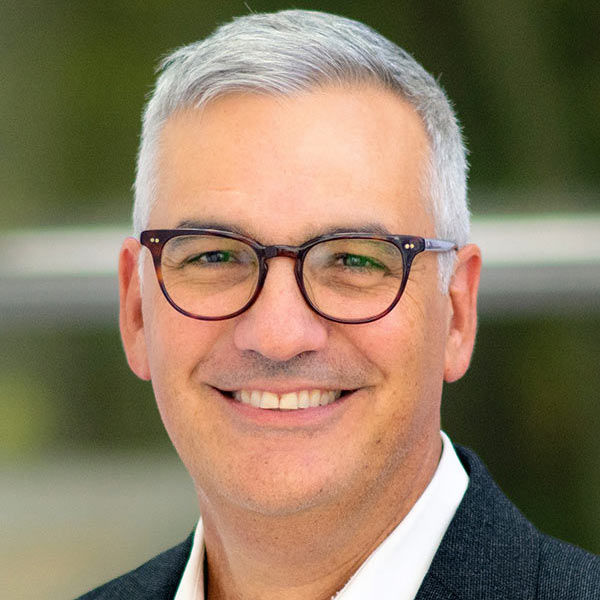
Matthew Morse Booker, PhD
National Humanities Center
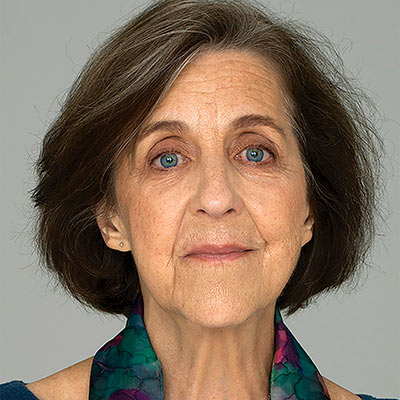
Rita Charon, MD, PhD
Columbia University
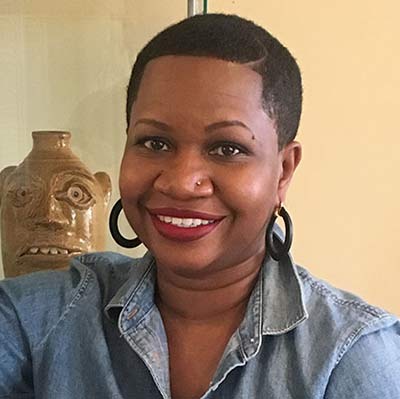
Deirdre Cooper-Owens, PhD
University of Nebraska-Lincoln
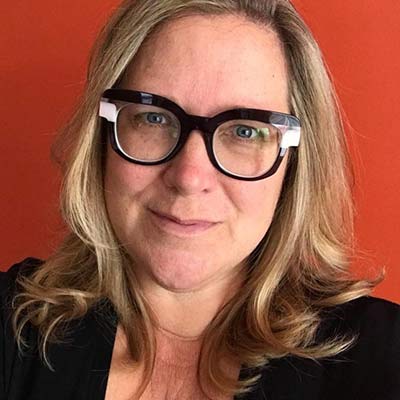
Ann M. Fox, PhD
Davidson College
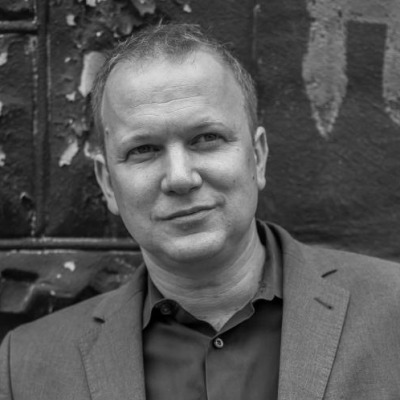
Jeremy A. Greene, MD, PhD
Johns Hopkins University
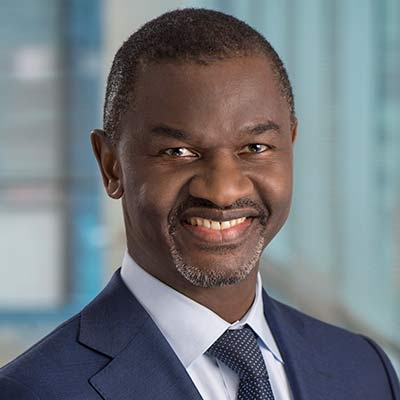
Chirfi Guindo, MBA
Biogen
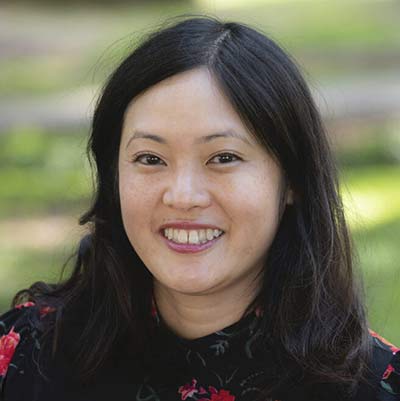
Adria L. Imada, PhD
University of California, Irvine
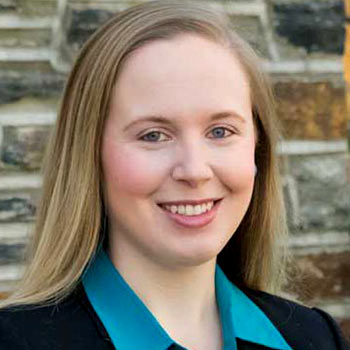
Jacqueline Kellish, PhD
National Humanities Center

Sneha Mantri, MD
Duke University
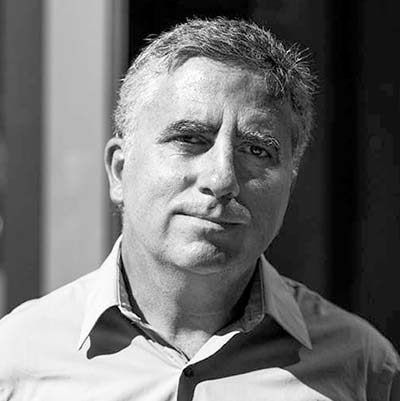
John Mckiernan-González, PhD
Texas State University

Dian Million, PhD
University of Washington
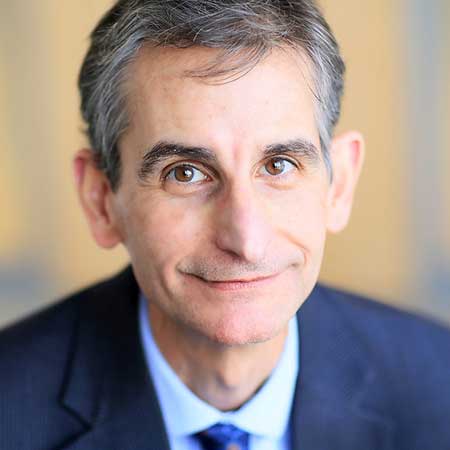
Louis J. Muglia, MD, PhD
Burroughs Wellcome Fund
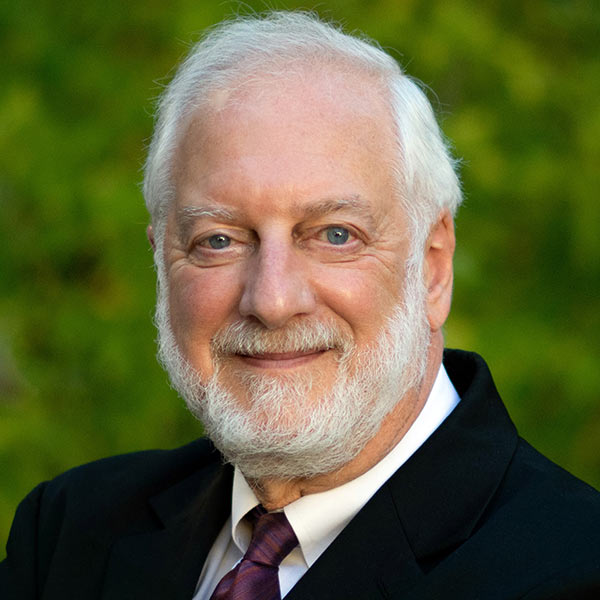
Robert D. Newman, PhD
National Humanities Center
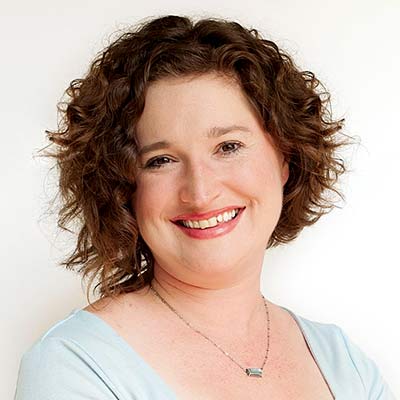
Kari Nixon, PhD
Whitworth University
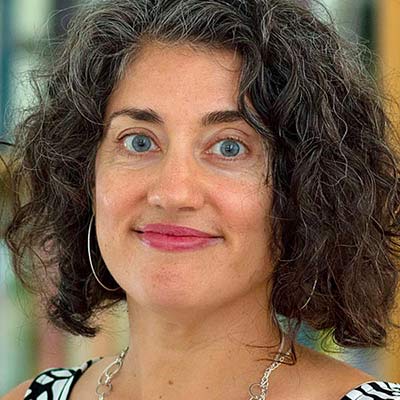
Samantha Pinto, PhD
The University of Texas at Austin
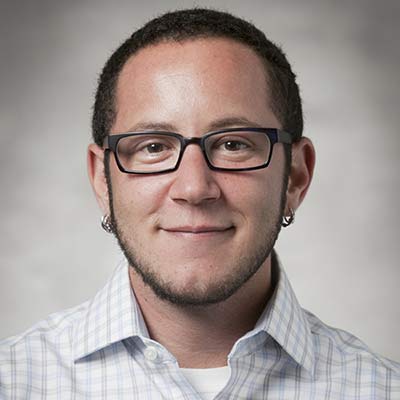
stef m. shuster, PhD
Michigan State University
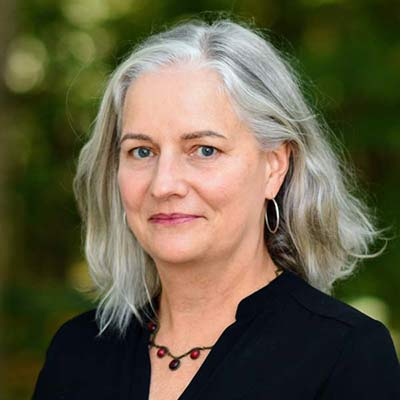
Jane F. Thrailkill, PhD
University of North Carolina at Chapel Hill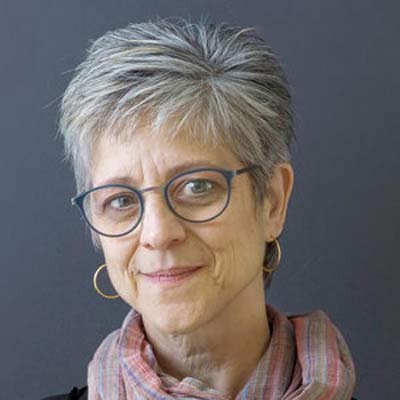
Shelley Wall, PhD
University of Toronto
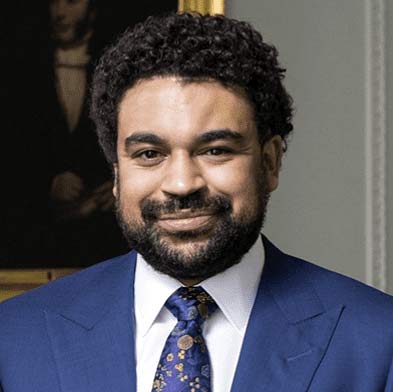
Alexandre White, PhD
Johns Hopkins University
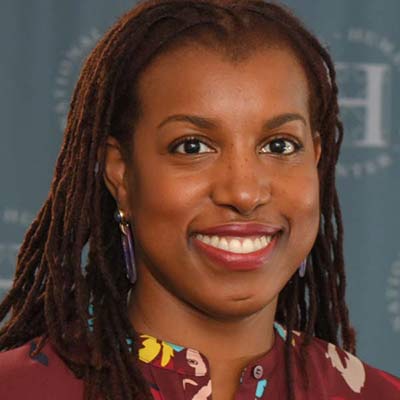
Yolonda Y. Wilson, PhD
Saint Louis University
Art Exhibit: Christine Holton, “The Corpus Chromatic Series”
Charting Crisis: Collective Storytelling in an Age of COVID-19
Since the spring of 2020, the National Humanities Center’s COVID-19 Oral History Project has trained students to collect the personal stories and experiences of healthcare workers whose lives have been profoundly affected by the pandemic. By curating, archiving, and sharing these narratives, the NHC will help to facilitate conversations about important contemporary issues in our health systems and in our broader society.
Presenting Sponsor

With generous support from:
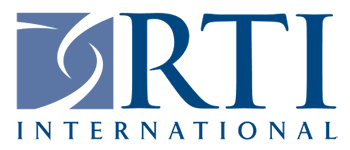
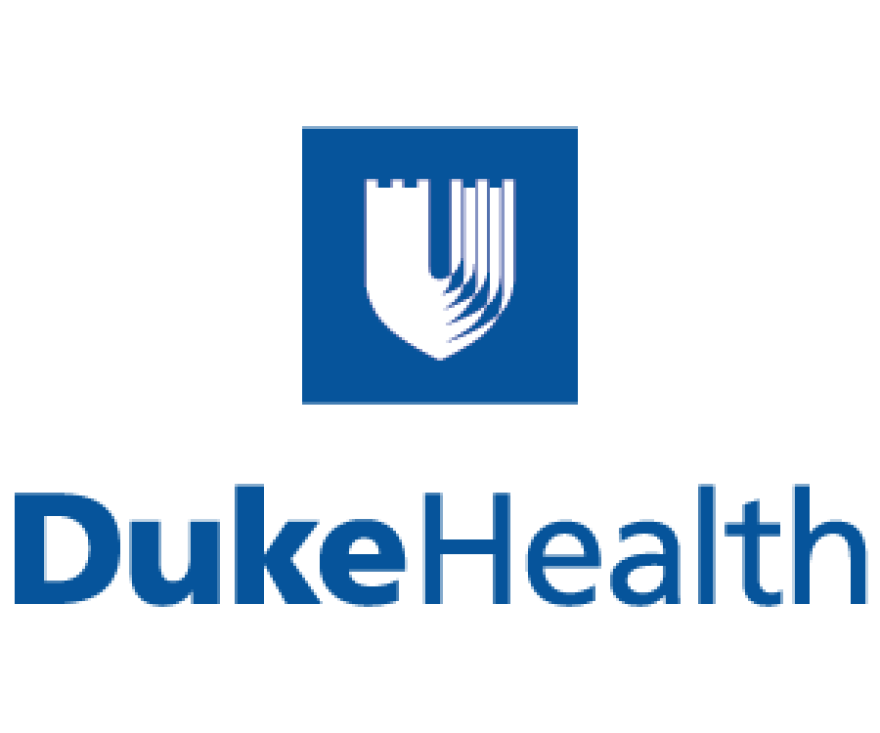
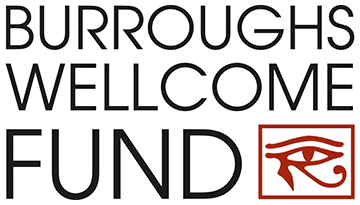

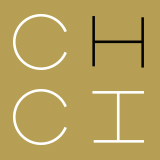

Additional support has also been provided by NHC Institutional Sponsors, a group of universities and corporations that provide annual support for the National Humanities Center and its work.
